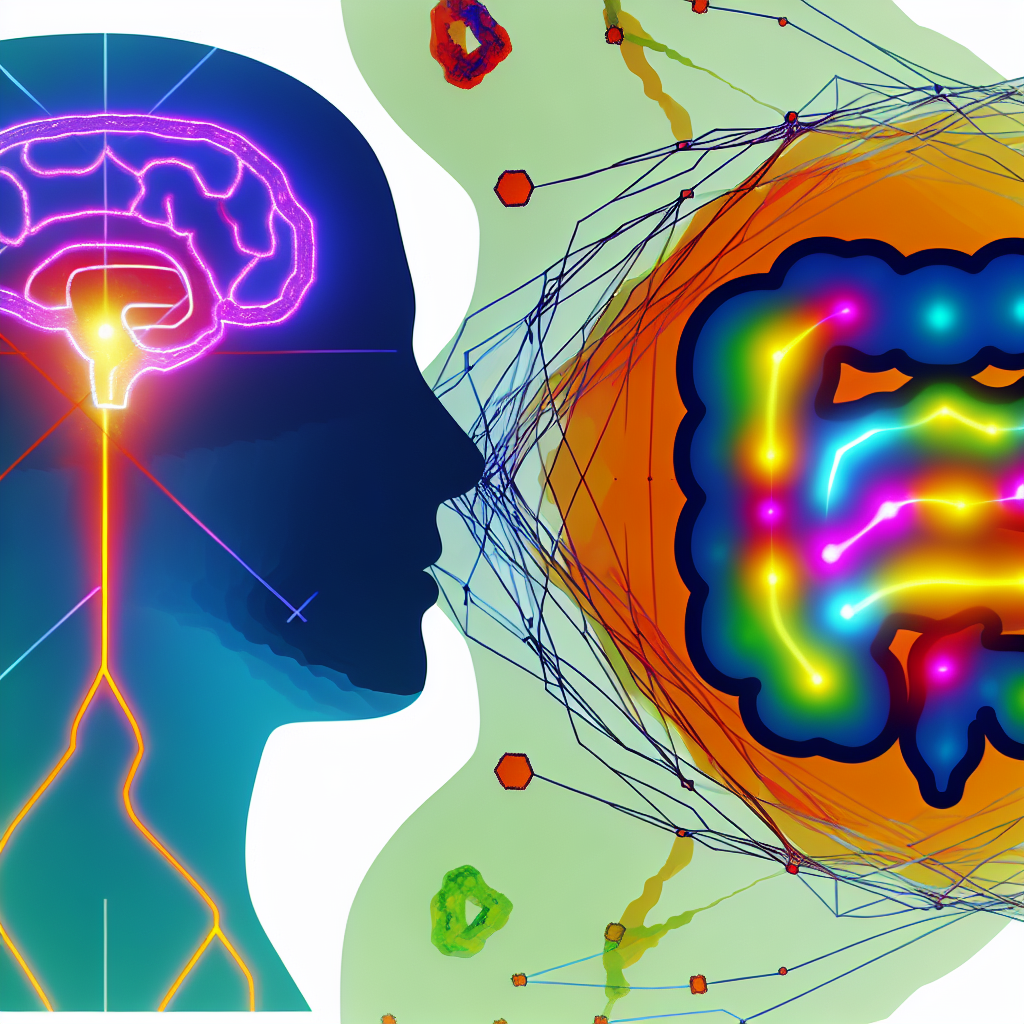Understanding the Impact of Night Sweats
Navigating menopause can feel like an uphill battle for many women, particularly due to the disruptive symptom of night sweats. These sudden waves of heat followed by intense sweating can shatter your nighttime routine, leaving you tossing, turning, and exhausted come morning. Unlike daytime hot flashes, night sweats don’t just impact your comfort; they interfere with your rest, which can ripple into your mood, energy levels, and overall quality of life.
The Hormonal Connection
At the core of these episodes lies the hormonal shift that characterizes menopause. Estrogen, a hormone critical in regulating body temperature, declines significantly during this phase, throwing the body’s internal thermostat off balance. As a result, even minor triggers such as stress or a slight rise in room temperature can activate the body’s heat regulation mechanism, causing excessive sweating.
Exploring Natural Treatment Options
While hormone replacement therapy (HRT) is a well-known treatment, its associated risks, such as blood clots and breast cancer, lead many women to explore natural remedies. These non-pharmaceutical interventions often include dietary changes, herbal therapies, and stress-reduction techniques. However, questions remain about their effectiveness and safety. In this article, we delve into the research on natural remedies for menopausal night sweats to provide a comprehensive overview of available options.
Research Highlights: Natural Allies for Menopausal Night Sweats
Various natural remedies for managing menopausal night sweats have shown promise. Here’s what the science says:
Black Cohosh Benefits
Black cohosh (Cimicifuga racemosa) is a herb traditionally used to alleviate menopausal symptoms. A 2010 review published in Menopause: The Journal of the North American Menopause Society analyzed 16 studies and found that black cohosh offered modest relief from hot flashes and night sweats. While the findings were promising, the researchers emphasized the need for larger, high-quality trials to confirm its efficacy (Borrelli & Ernst, 2010).
Soy Isoflavones Impact
Soy-based foods like tofu and soy milk contain isoflavones, which mimic estrogen’s effects in the body. A 2016 review in Maturitas examined multiple studies on soy and its impact on menopausal symptoms. The review suggested that soy might help reduce the frequency and intensity of hot flashes, though its specific effect on night sweats requires further investigation (Messina, 2016).
Red Clover Research
Red clover (Trifolium pratense) is another plant rich in phytoestrogens. A randomized controlled trial published in 2013 found that while red clover did not outperform placebo in reducing hot flashes, some participants experienced fewer night sweats, indicating potential benefits for specific individuals (Chuang & Lee, 2013).
Mindfulness and Mental Health
Stress can exacerbate night sweats, making mind-body techniques for symptom management an essential part of symptom management. A 2015 study in Menopause International investigated the impact of mindfulness-based stress reduction (MBSR) on menopausal symptoms. The findings showed that participants practicing mindfulness experienced significant reductions in both the frequency and severity of night sweats (Dording et al., 2015).
Effective Lifestyle Modifications
Beyond specific natural remedies, lifestyle adjustments for managing night sweats can also play a vital role:
Important Health Considerations
While natural remedies offer hope for managing menopausal symptoms, they are not a one-size-fits-all solution. The effectiveness of these interventions can vary, and some herbal supplements may interact with medications or be contraindicated for women with certain health conditions. Consulting a healthcare provider before beginning any new treatment is crucial for safety and effectiveness.
Final Insights
Menopausal night sweats are a challenging but manageable symptom. Exploring natural remedies for menopausal symptom relief such as black cohosh, soy, and mindfulness practices, alongside lifestyle changes, can offer significant relief. While more research is needed to fully understand these treatments, many women find them to be a helpful part of their symptom management plan. Partnering with your healthcare provider ensures that your approach is both safe and effective, allowing you to navigate menopause with confidence and reclaim restful nights.
Research References
Borrelli, F., & Ernst, E. (2010). Black cohosh (Cimicifuga racemosa) for menopausal symptoms: A Cochrane review. Menopause, 17(4), 420-433.
Chuang, S. Y., & Lee, M. S. (2013). Efficacy of red clover (Trifolium pratense) for menopausal symptoms: A randomized, double-blind, placebo-controlled trial. Menopause, 20(3), 326-331.
Dording, C. M., et al. (2015). Mindfulness-based stress reduction for menopausal symptoms. Menopause International.
Messina, M. (2016). Soy and health update: Evaluation of the clinical and epidemiologic literature. Maturitas, 86, 332-338.

Dominic E. is a passionate filmmaker navigating the exciting intersection of art and science. By day, he delves into the complexities of the human body as a full-time medical writer, meticulously translating intricate medical concepts into accessible and engaging narratives. By night, he explores the boundless realm of cinematic storytelling, crafting narratives that evoke emotion and challenge perspectives.
Film Student and Full-time Medical Writer for ContentVendor.com




